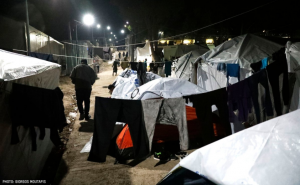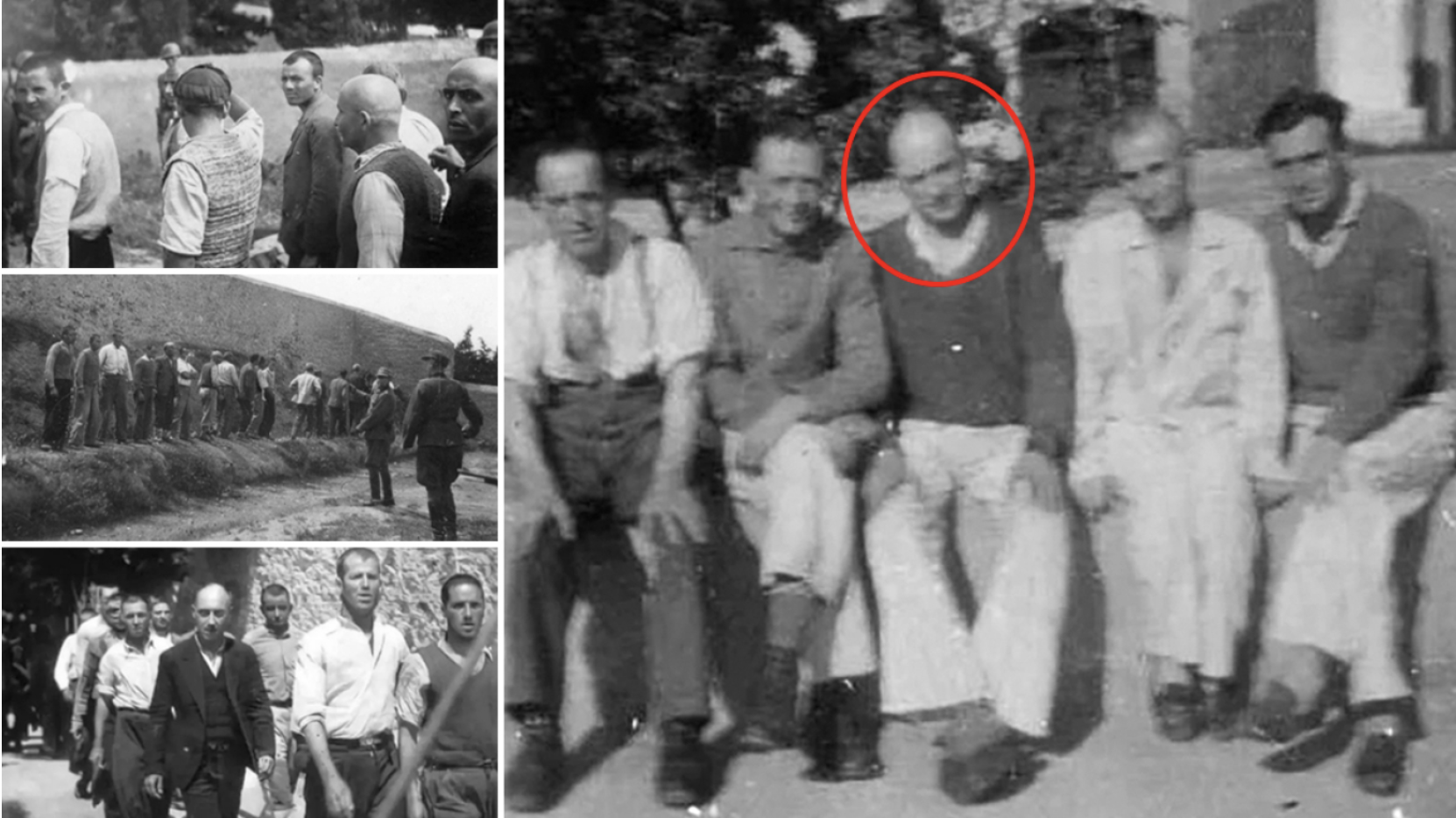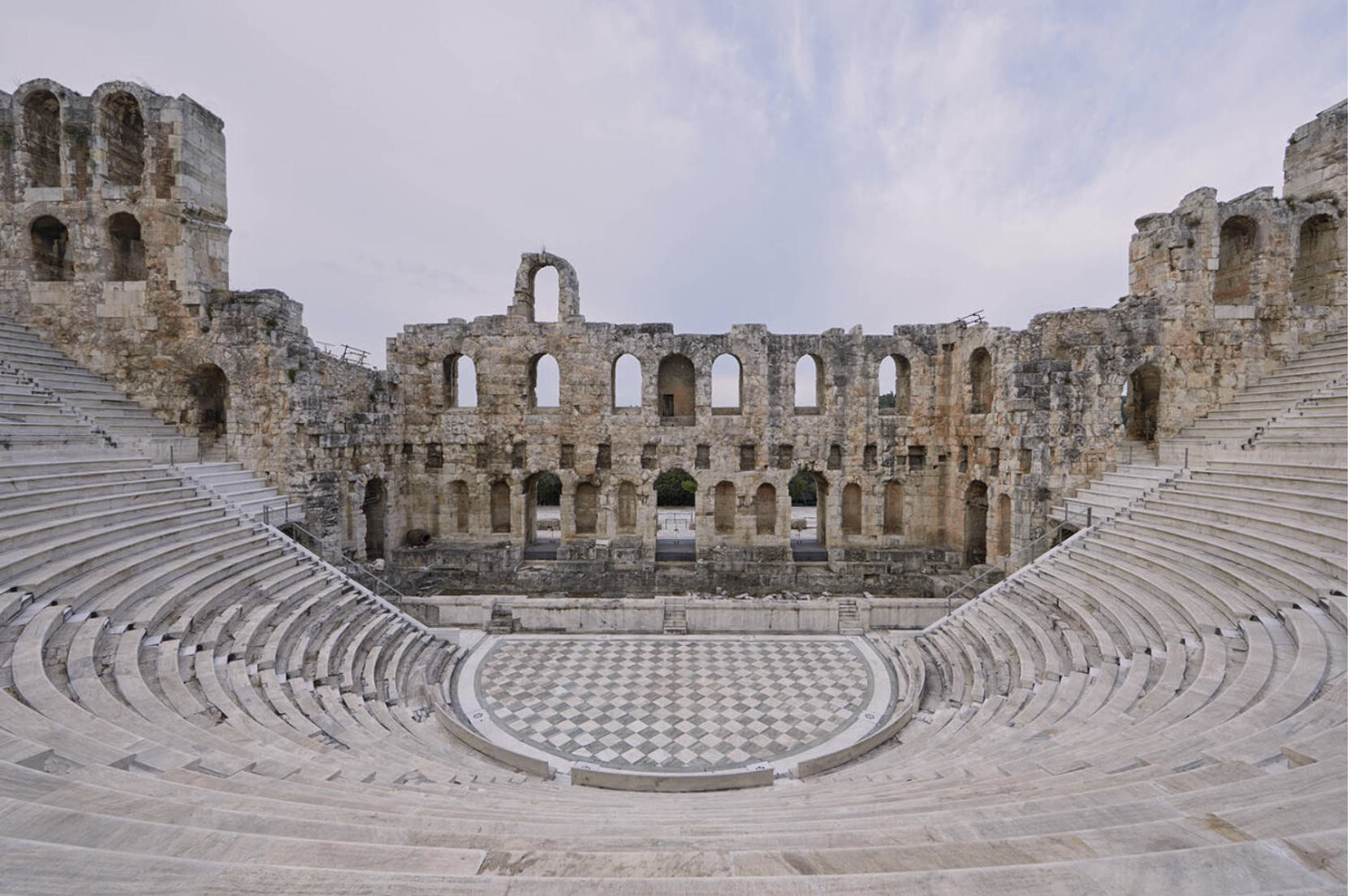Greece will speed up the relocation of thousands of migrants from its overcrowded islands to the mainland before the onset of winter after reaching a deal with Turkey, a key ally in helping to tackle Europe’s migration crisis, government sources said yesterday (11 December).
Athens persuaded Ankara last week to accept migrant returns, including Syrian refugees, from the mainland and not just from the Aegean islands as previously agreed under a 2016 EU-Turkey pact, a government source told AFP.
The new agreement — reached during a strained two-day visit by Turkish President Recep Tayyip Erdoğan — aims to reduce the more than 15,000 people packed into refugee camps on the islands of Lesbos, Chios, Samos, Kos and Leros, another source said.
The camps are filled to triple their capacity, forcing many migrants to sleep in tents and creating tensions with locals.
Greek Prime Minister Alexis Tsipras Monday evening presided a meeting “on the migration crisis and refugees” with his ministers for migration policy and justice as well as deputy foreign, defence and interior ministers, his office said.
Over a million people, mainly fleeing the civil war in Syria, crossed to Greece from Turkey in 2015 with the onset of the bloc’s worst migration crisis since World War II.
Last March, Ankara had pledged to take back illegal migrants landing on Greek islands in exchange for sweeteners including financial aid and eased EU visa rules for Turkish citizens.
The deal, criticised by rights groups, sharply reduced the number of migrants trying to cross the Aegean Sea.
Matter of life and death
However, the pace of migrant returns to Turkey fell dramatically after a state crackdown on civil servants that followed an attempted coup against Erdoğan last year.
Until now, Greece has only been relocating populations deemed “vulnerable” — non-accompanied minors, single parents and victims of torture — to the mainland, exempt under the EU-Turkey pact.
The other illegal migrants are being kept on the islands until their deportation to Turkey, for fears that too many will try to travel north to wealthier EU nations.
Athens hopes that its deal with Ankara will help speed up the transfer of these people to Turkey via the mainland.
Meanwhile, Greece has already intensified its relocation of vulnerable persons to the mainland, transferring more than 1,000 in recent days.
In total over 3,500 people were moved between October and November, the migration ministry said.
According to Oxfam, 5,000 people are to be transferred from the islands in December, before temperatures drop.
Aid groups have repeatedly warned that transferring refugees to heated accommodation before winter is a matter of life and death.
Three refugees died last year in their tents on Lesbos from apparent carbon monoxide poisoning caused by makeshift stoves.
“This is a very positive step that will save lives,” said Nicola Bay, the head of Oxfam in Greece. “Winter is just around the corner and thousands of refugees and migrants are still sharing unheated tents exposed to the bitter cold.”
Source: euractiv.com
Ask me anything
Explore related questions





